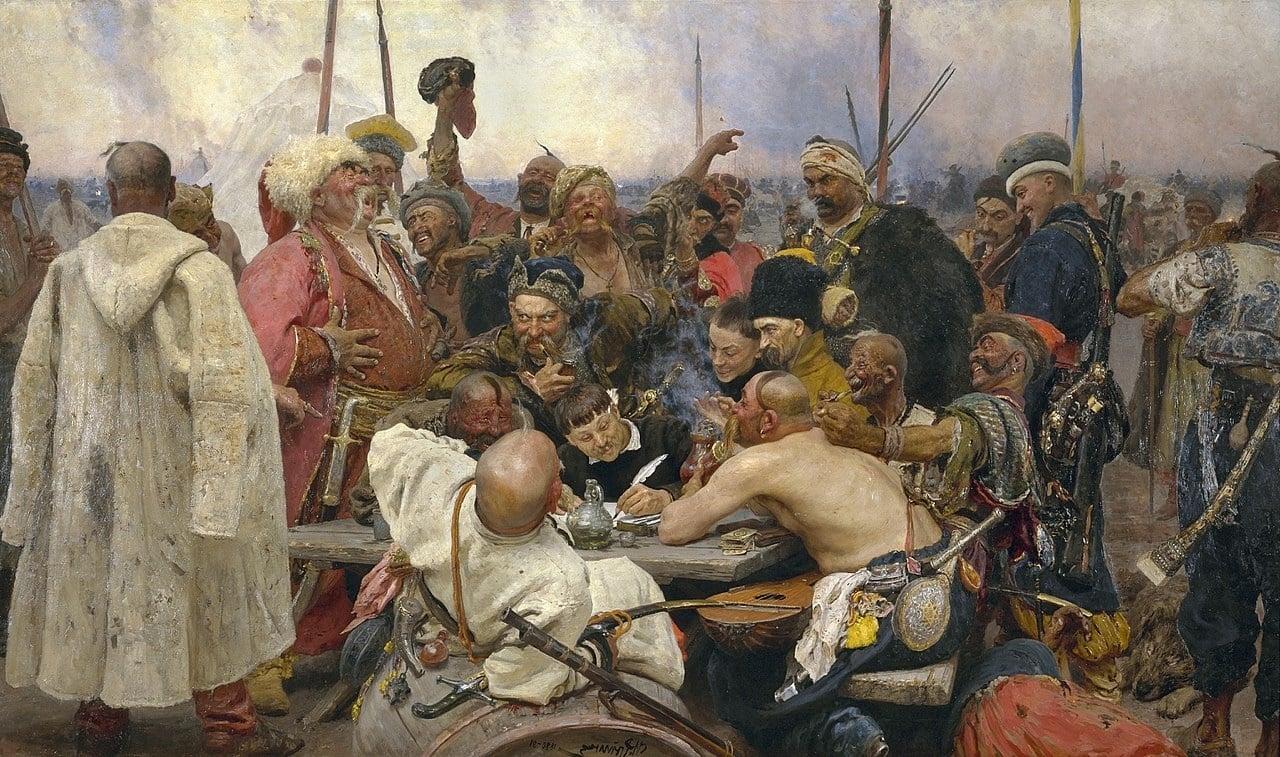

I mean, everything does happen for a reason. It’s just that most of the time, the reason is “because so-and-so is an asshole”. It makes it essentially a useless platitude, but not an untrue one. I definitely take issue with the implication of it, that there’s some supreme, all-knowing authority in the universe who has this complicated, labyrinthine plan for everyone that involves massive amounts of suffering. That whole “mysterious plan of God” thing is a way for Christians to take credit for all of the good stuff that happens, while downplaying all of the bad stuff that happens as just “part of God’s plan!” It’s insidious.



I prefer using higher precision when responding like this. I will often say something like: “137.825%”. Mostly, I do this because it makes the other person feel awkward, and I do it because I constantly feel awkward, and so I just want other people to feel a tiny portion of what it’s like being me.